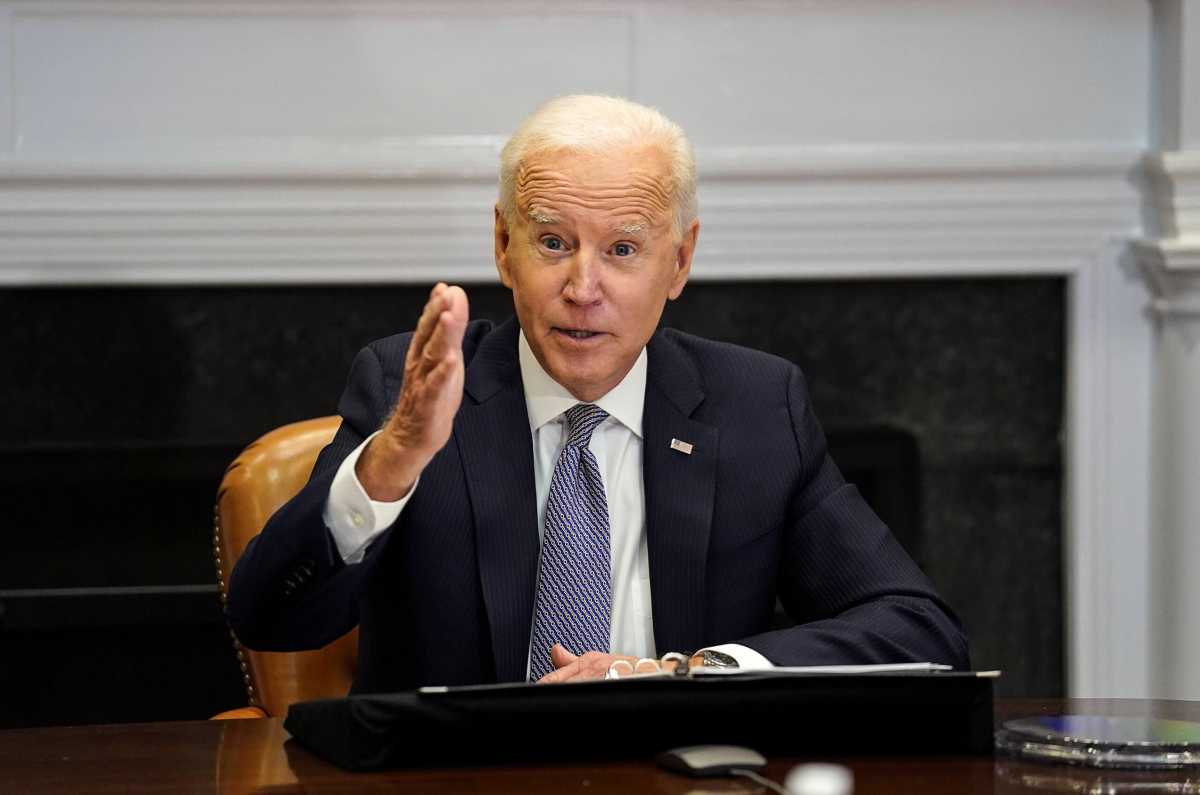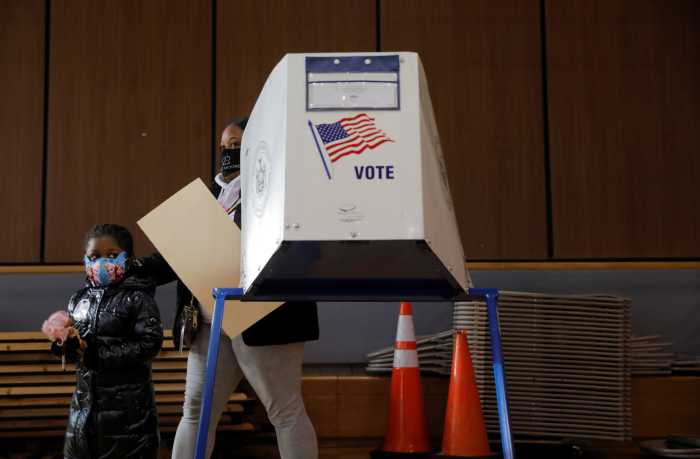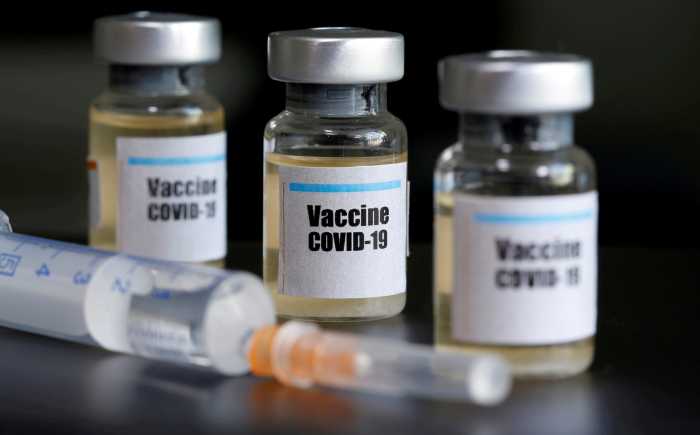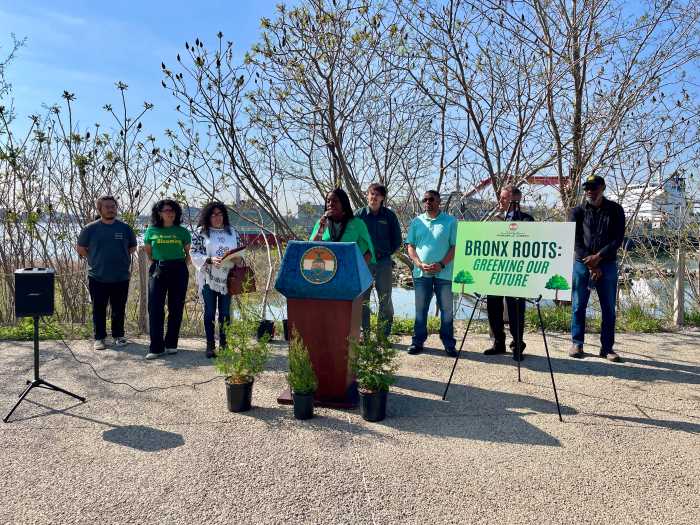President Joe Biden met with retail and delivery CEOs and union heads Wednesday, as the White House rolled out new measures to ease supply chain bottlenecks ahead of the holiday season.
The Port of Los Angeles is going to expand its 24/7 operations to ease the shipping snarl there and at the Port of Long Beach, a senior administration official told reporters ahead of the meeting.
In addition, three large carriers of goods – Walmart, FedEx and UPS – plan to step up their round-the-clock operations to speed the shipment of goods across the country, the official said.
Samsung, Home Depot and Target are also increasing their work in off-peak hours, the official said.
“By taking these steps, they’re saying to the rest of the supply chain, you need to move too,” the official said. “Let’s step it up.”
White House officials, scrambling to relieve global supply bottlenecks choking U.S. ports, highways and railways, are warning that Americans may face higher prices and some empty shelves this Christmas season.
“My administration is working around the clock to move more goods faster and strengthen the resiliency of our supply chains,” Biden said in a tweet Wednesday.
There are 500,000 containers on ships waiting to get into Los Angeles and Long Beach, which is the busiest U.S. port complex, the White House said.
The White House expects the pledges from the six companies to expand their hours will amount to 3,500 additional containers moving each week through the end of the year.
White House spokesperson Jen Psaki told reporters Biden could not guarantee there would be no holiday disruptions.
“What we can do is use every lever at the federal government level to reduce delays,” she said.
The supply crisis is driven in part by the global COVID-19 pandemic, as sales of durable goods jumped amid worker shortages and transportation hub slowdowns. Lower-than-expected Christmas sales could hurt U.S. companies and pose a political risk for Biden.
The latest Reuters/Ipsos poll shows the economy continues to be the most important issue for Democrats and Republicans alike.
Biden met at the White House with executives from the two ports as well as from the International Longshore and Warehouse Union, the Teamsters, the AFL-CIO, Wal-Mart, FedEx, UPS, Target, the National Retail Federation, the American Trucking Association, the Pacific Maritime Association, and more.
Some CEOs scheduled to attend noted they are already working around-the-clock. “We’ve been running 24/7 supply chain operations for years, including at the ports,” said Target CEO Brian Cornell in a blog post ahead of the meeting.
Target handles about 50% of its containers that arrive in California ports at night, he wrote, and is committed to increasing that amount by 10% over the next 90 days.
Long-time issues
The stop-and-start nature of the pandemic has snarled global supply chains that are optimized for predictable, just-in-time movements of goods.
The White House has been trying to tackle inflation-inducing supply bottlenecks of everything from meat to semiconductors. The administration formed a task force in June that meets weekly and named a “bottleneck” czar, John Porcari, to push private-sector companies to find ways to get goods flowing.
Still, thousands of shipping containers are on cargo ships offshore waiting to be offloaded at the ports of Los Angeles and Long Beach. Similar backlogs exist at ports in New York and Savannah, Georgia. A shortage of warehouse workers and truck drivers to pick up goods is partly to blame.
Moving to smooth 24/7 operations at ports, rail yards and warehouses will require coordination and more workers.
Port and labor executives in Los Angeles say overnight truck appointments at ports went unused in the past, for example, because drivers cannot drop off cargo there, as the sites were unattended.
Companies like Walmart are finding workarounds by sending containers on bulk cargo ships and offloading them on docks commonly used for commodities.




































